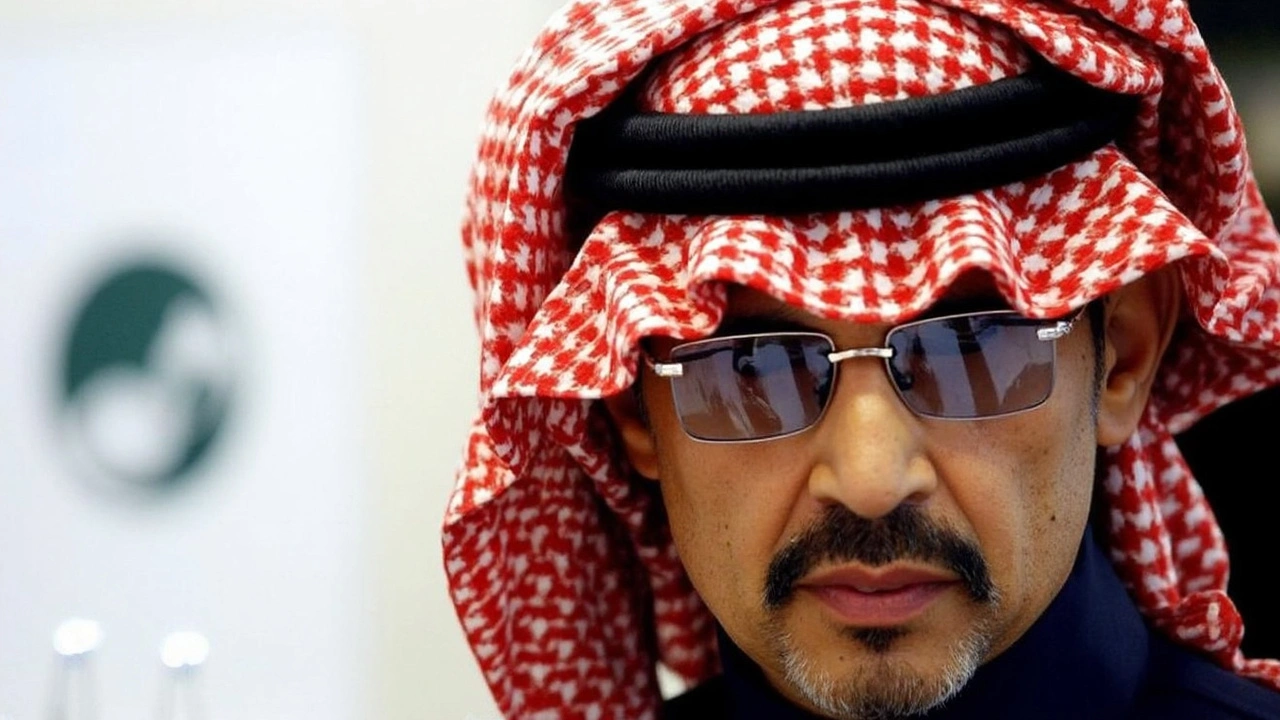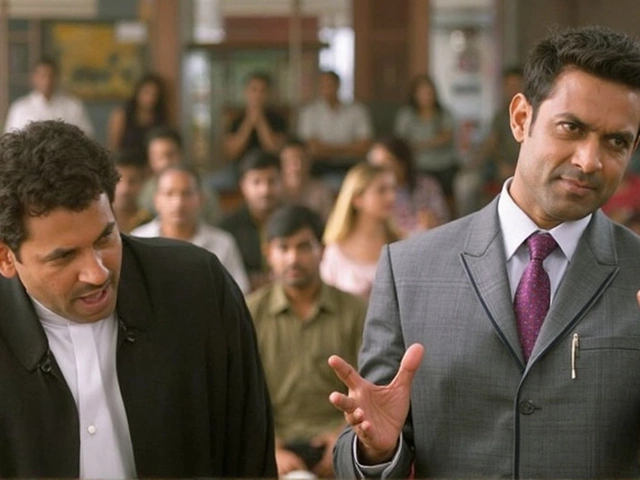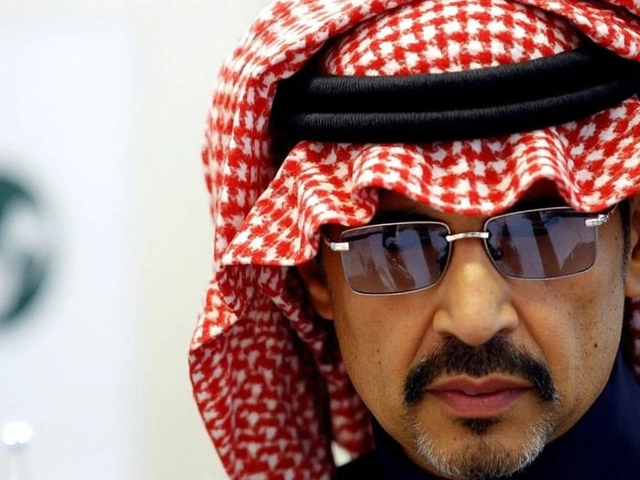From Modest Beginnings to Kingdom-Scale Ambitions
If you mention Prince Al-Waleed in Saudi Arabia or in financial circles worldwide, you’ll get head nods and stories of big risks and even bigger payoffs. Born into royalty in 1955 as the grandson of Saudi Arabia’s founding king, Al-Waleed didn’t just rely on his impressive family tree to climb to success. He turned a $30,000 loan from his father into a business story that now stretches across continents and industries.
Starting in the late 1970s, Saudi Arabia was flush with oil money and surrounded by opportunities for those willing to take chances. Al-Waleed rode that wave. In 1980, he established his own company, Kingdom Establishment, with a focus on deals most people saw as too risky or downright hopeless. By 1982, he was already cutting his teeth with major construction projects, working with a South Korean partner — the kind of move most Saudi businessmen at the time hadn’t even considered. His sharp eye wasn’t just for fresh projects, though. He had an almost uncanny sense for buying underdog companies, fixing them up, and flipping them for profit.
The approach paid off in a big way. Take United Saudi Commercial Bank — it was struggling, but Al-Waleed saw potential. He didn’t just save it; he made it part of something bigger. Soon, it merged with Al Rajhi Bank, one of Saudi Arabia’s banking heavyweights. By the end of the 1980s, his net worth was over $1.4 billion, all earned before the internet boom or the tech giants we talk about today.
Turning Global Brands Around
Al-Waleed’s strategy shifted from local to global when he started snapping up shares in companies that most thought were heading for trouble or irrelevance. Citigroup is the classic example. In the 1990s, the banking giant hit a rough patch. Al-Waleed didn’t flinch. He invested when everyone else was scrambling, becoming the biggest individual shareholder. That play not only gave him global financial clout but made headlines in boardrooms from New York to London.
But finance wasn’t his only playground. Al-Waleed’s empire expanded into real estate, media, tourism, and hotels. Picture a Saudi prince involved in European hotels, American banks, and Asian media — that’s his style, constantly betting on things about to break through or bounce back.
He’s also known as a generous philanthropist. Al-Waleed backs education programs, arts initiatives, and even disaster relief projects, giving away large amounts to causes from Harvard scholarships to African development grants. Despite his high-profile wealth and royal pedigree, Al-Waleed never became a power broker in Saudi Arabia’s political halls. He’s stayed focused on business, investments, and global influence rather than government roles.
His career isn’t just about numbers and profit; it’s about finding value where most people see none, and being fearless enough to act before anyone else does. In the process, Al-Waleed bin Talal has become not just a symbol of modern Saudi ambition, but a key player who helped steer the world’s financial markets through crisis and opportunity alike.






